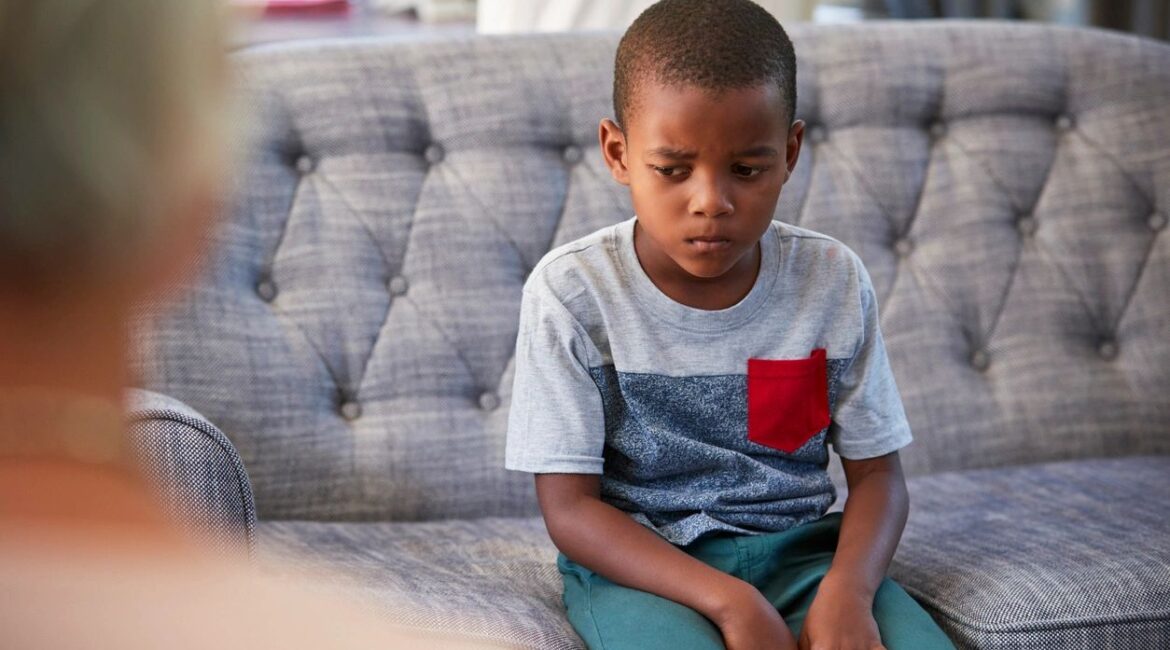Depression Types
When it comes to depression, there are many names and types that you may have heard. Here, we will discuss some of the different depression types. To read more about what causes depression click here.
- Major Depression
This is also sometimes referred to as major depressive disorder (MDD), major depressive episode, or just depression. MDD is diagnosed when some of all of these are present for at least 2 weeks (for an major depressive episode): decreased mood most days all day, sleep issues most days, weight loss or gain or change in appetite, fatigue or low energy most days, difficulty concentrating nearly every day, thoughts of guilt or worthlessness nearly every day, slowed or more constant body movements/fidgeting that others notice, and recurrent thoughts of suicide or a suicide attempt.
2. Dysthymia
This is also sometimes called persistent depressive disorder. This is diagnosed when there is depressed mood most days for at least 2 years in adults, and 1 year for children and teens. Also, there is associated appetite or weight changes, sleep issues, low energy, poor self-esteem, difficulty concentrating, or feeling hopeless.
3. Premenstrual Dysmorphic Disorder
This is also sometimes called Premenstrual dysphoric disorder or PMDD. It is diagnosed when many of these symptoms are present around the time of someone’s menstrual cycle: mood swings, sadness, sensitivity, anger, irritability, hopelessness, depressed mood, anxiety, or tension. PLUS difficulty concentrating, appetite changes, low energy, breast pain, bloating, joint pain, or sleep changes.
4. Seasonal Affective Disorder
This is also sometimes called SAD or Winter Depression. This is diagnosed when major depression occurs regularly during a particular season. Usually this is in the winter but it can occur at other times.
5. PostPartum Depression
This is depression that occurs in the weeks and months around childbirth.
6. Bipolar Depression
This is also called Manic Depression or Bipolar disorder. People with this disorder have periods that are like major depression, but also have had periods of time where they have things like elevated mood, energy, decreased sleep, racing thoughts, inflated self esteem, talkativeness, spending or gambling sprees etc. These periods last most of the day on most days for at least a week in order to be diagnosed as a manic episode.
What do you do if you think you or a family member may have one of these depression types?
My suggestion is always to seek professional help, sometimes the signs and symptoms of depression can be very difficult to assess, especially in children and teens. Not everyone fits perfectly into any one of these categories and a psychiatrist can help you determine what is going on and make sure there aren’t any underlying causes or issues that can be taken care of like medical illnesses, sleep disorders, or nutritional issues.





